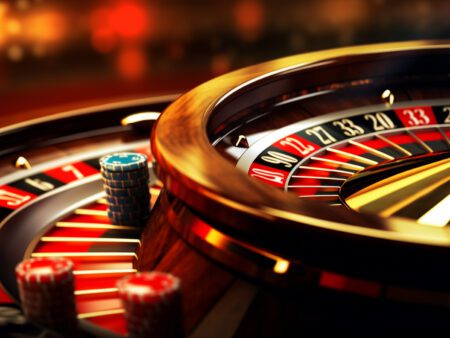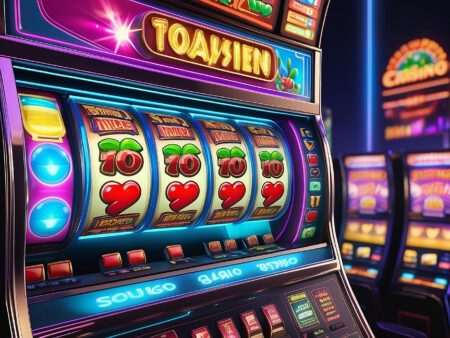Explore the crucial role of emotional management in gambling and how staying cool under pressure can significantly affect your game strategy.
Staying Cool Under Pressure: Emotional Management in Gambling
An Unexpected Turn at the Table
Imagine the scene: the chips are down, the crowd is hushed, and it all comes down to one final play. In the world of gambling, whether it’s a high-stakes poker game or a casual round of blackjack, keeping a level head isn’t just an advantage—it’s a necessity. But how does one manage the rollercoaster of emotions that comes with the territory? It’s a question that even the most seasoned players find themselves grappling with.
Emotional management in gambling is not just about reigning in frustration or tempering joy; it’s about maintaining a strategic mindset amidst the unpredictability of each game. The ability to stay cool under pressure can often be the dividing line between winning and losing. Indeed, the psychological warfare at the table is as intense as the actual game being played.
Understanding the importance of emotional control in gambling does not come overnight. It involves a mix of self-awareness, experience, and, oddly enough, a bit of science. Yes, science. Studies have shown that our emotional responses to winning and losing can significantly impact our decision-making abilities. This phenomenon is particularly pronounced in the high-stakes environment of online gambling, where decisions must be made quickly, and the stakes are always high.
For those looking to delve deeper into the odds and strategies of different casino games, the comparison between roulette vs. blackjack offers fascinating insights into where the better odds might lie. Understanding these odds is a crucial part of managing one’s emotions, as it allows for more informed decision-making.
Mastering the Art of Detachment
Delving deeper into the psychological labyrinth of gambling, the concept of detachment emerges as a pivotal strategy. This isn’t about removing oneself from the joy and thrill that gambling can bring. Rather, it’s about cultivating an ability to separate one’s emotional reactions from the outcomes of the game. It’s akin to a chess player, always thinking several moves ahead, unaffected by the loss of a single piece.
Consider the poker face—an iconic symbol of gambling’s emotional battleground. It’s more than just a stoic expression; it’s a manifestation of mental discipline, a physical representation of the internal effort to remain unaffected by the game’s ebbs and flows. Developing such a level of control is no small feat. It requires practice, patience, and a deep understanding of one’s own emotional triggers.
Interestingly, this detachment doesn’t mean becoming emotionless. On the contrary, it’s about recognizing emotions as they arise, acknowledging them, and then letting them pass without impacting decision-making. This skill is particularly valuable in online gambling, where the fast pace and high stakes can easily lead to rash decisions driven by the heat of the moment.
By mastering the art of detachment, gamblers can approach each game with a clear mind, making decisions based on strategy rather than emotion. This approach not only enhances the gambling experience but also improves the chances of success.
Practical Steps Towards Emotional Mastery
To navigate the tumultuous waters of gambling with grace, there are practical steps one can take towards achieving emotional mastery. First and foremost, setting clear boundaries is crucial. This means establishing limits not just on financial investment, but also on time spent gambling. Knowing when to walk away is a powerful tool in maintaining emotional control.
Another effective strategy is mindfulness. Engaging in regular mindfulness exercises can enhance one’s ability to remain present and composed, reducing the likelihood of emotional decisions. This practice can be as simple as taking deep breaths between games or sessions, helping to reset and refocus the mind.
Equally important is the practice of reflection. After each gambling session, taking time to reflect on the decisions made, the emotions felt, and how they were managed can provide invaluable insights. This reflective process not only aids in emotional regulation but also in refining strategies for future sessions.
In conclusion, emotional management in gambling is a complex yet achievable goal. By understanding the psychological dynamics at play, mastering the art of detachment, and implementing practical steps towards emotional control, gamblers can significantly enhance their experience and performance. Whether facing the roulette wheel or the poker table, staying cool under pressure is the ultimate skill any gambler can possess. So, the next time the stakes are high, remember, the power of emotional mastery could be the key to turning the tables in your favor.










